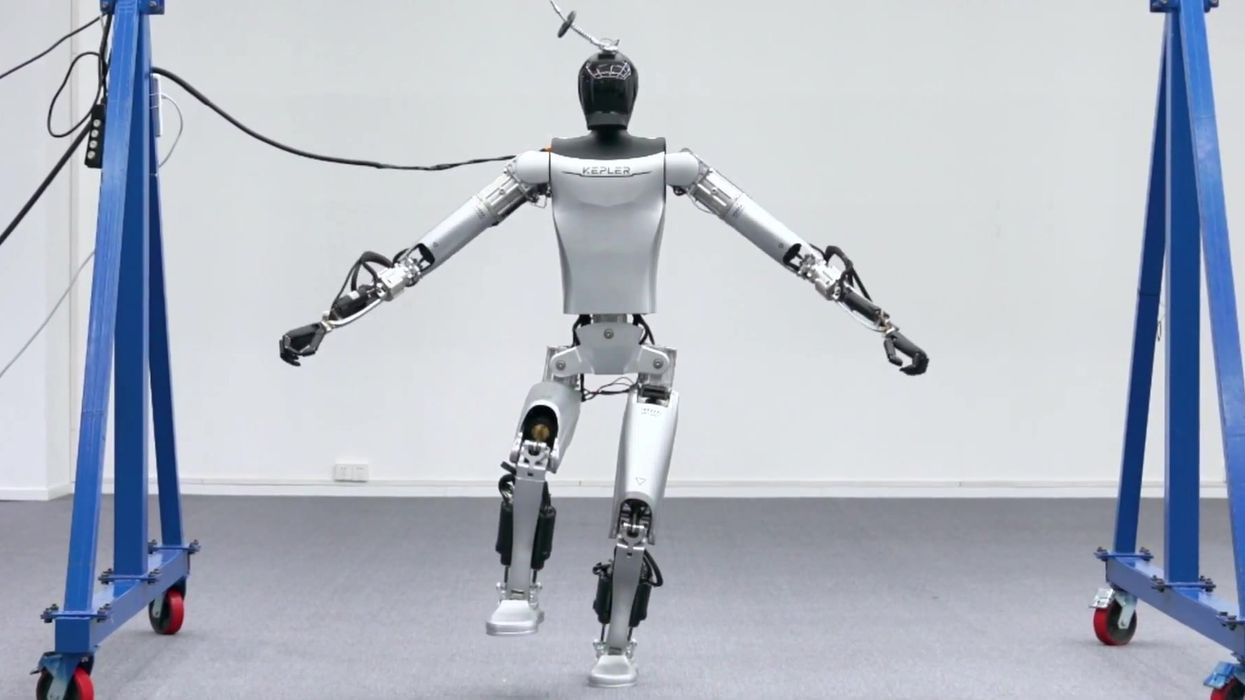Science & Tech
Gregory Robinson
May 29, 2025
Kepler robot demonstrates balancing ability
Automoto TV - Tech / VideoElephant
A computer scientist has explained why he believes in a theory that claims humans could live longer in the future, starting from 2029.
Ray Kurzweil is a believer in a concept dubbed Longevity Escape Velocity (LEV). The idea, which sounds like something straight out of a sci-fi film, suggests that advancements in medicine and technology could soon allow human life expectancy to increase faster than we age
If this happened, humans would effectively “gain time”. So for example, in one year, you’d still get one year older but if your life expectancy goes up by a year and two months, it’s like you’ve gained two extra months of life.
If that happens consistently, your biological age could stop increasing, or even decrease, as age-reversing treatments become effective. However, this doesn’t mean immortality; it's about extending life expectancy and delaying the effects of ageing.
Kurzweil believes humanity could reach this milestone in just four years, potentially leading to a world in which humans could “go backwards in time” by living longer than they age.
“Past 2029, you’ll get back more than a year. Go backwards in time,” Kurzweil told Bessemer Venture Partners. “Once you can get back at least a year, you’ve reached longevity escape velocity.”
With reference to the COVID vaccine being released “in 10 months”, he added: “There’s many other advances happening. We’re starting to see simulated biology being used and that’s one of the reasons that we’re going to make so much progress in the next five years.”
However, the concept is very controversial and critics have mentioned that it would require access to cutting-edge medical technology to make it work.
Dr. Thomas Perls, a professor of Medicine and Geriatrics at Boston University School of Medicine and the founding director of the New England Centenarian Study argued in 2023 that while delaying age-related diseases is valuable, the idea of achieving LEV and living indefinitely is unrealistic. He emphasises that science hasn't even figured out how to help most people live healthily beyond 90, let alone achieve immortality.
"We want to do what we can do to delay or even avoid ageing-related diseases that may increase life expectancy or life span a little bit for people," Perls told Business Insider. "But in no way do I think that's going to lead to the notion of living forever."Why not read:
A scientist may have just proven that we all live inside a computer simulation
Sign up for our free indy100 weekly newsletter
How to join the indy100's free WhatsApp channel
Have your say in our news democracy. Click the upvote icon at the top of the page to help raise this article through the indy100 rankings
Top 100
The Conversation (0)














